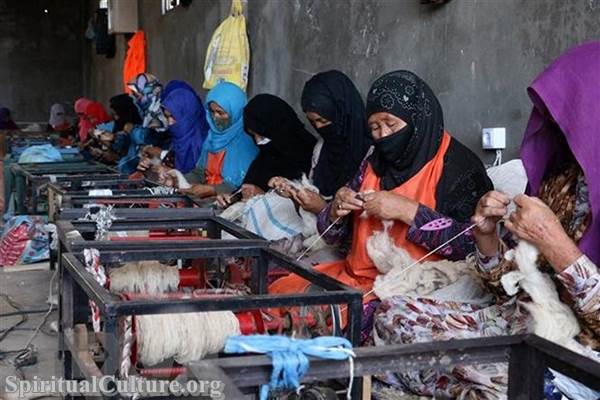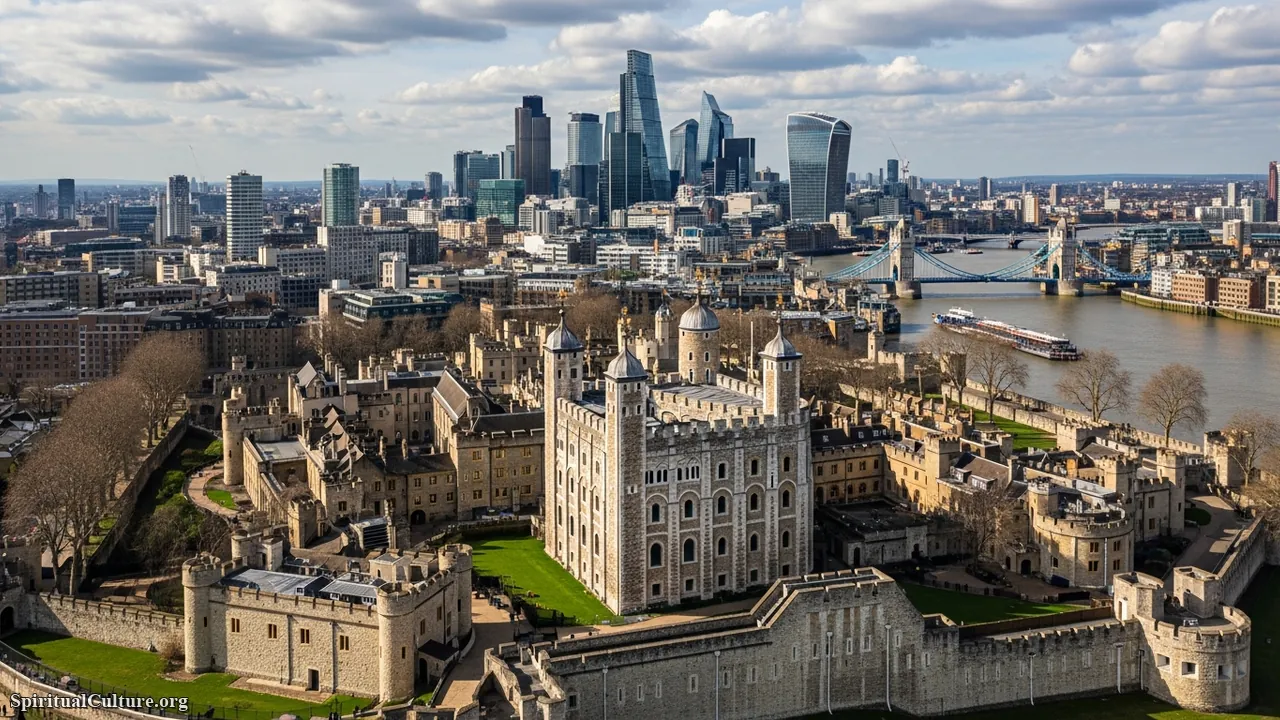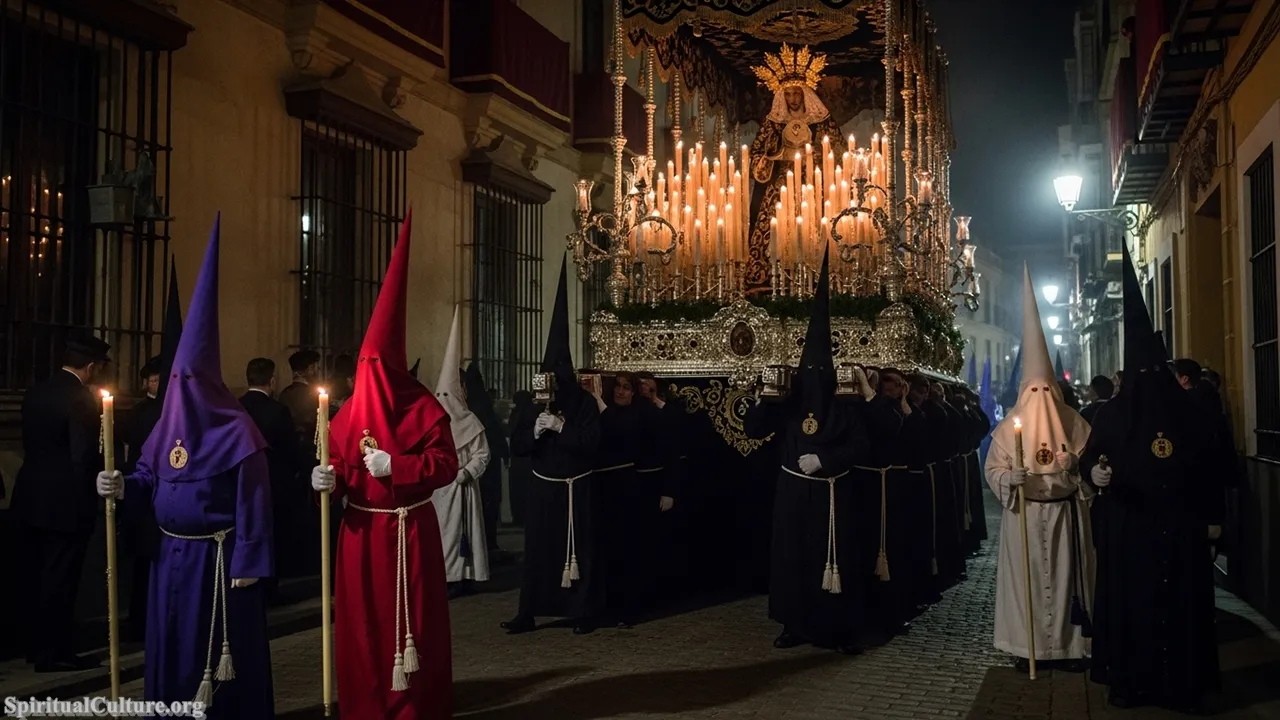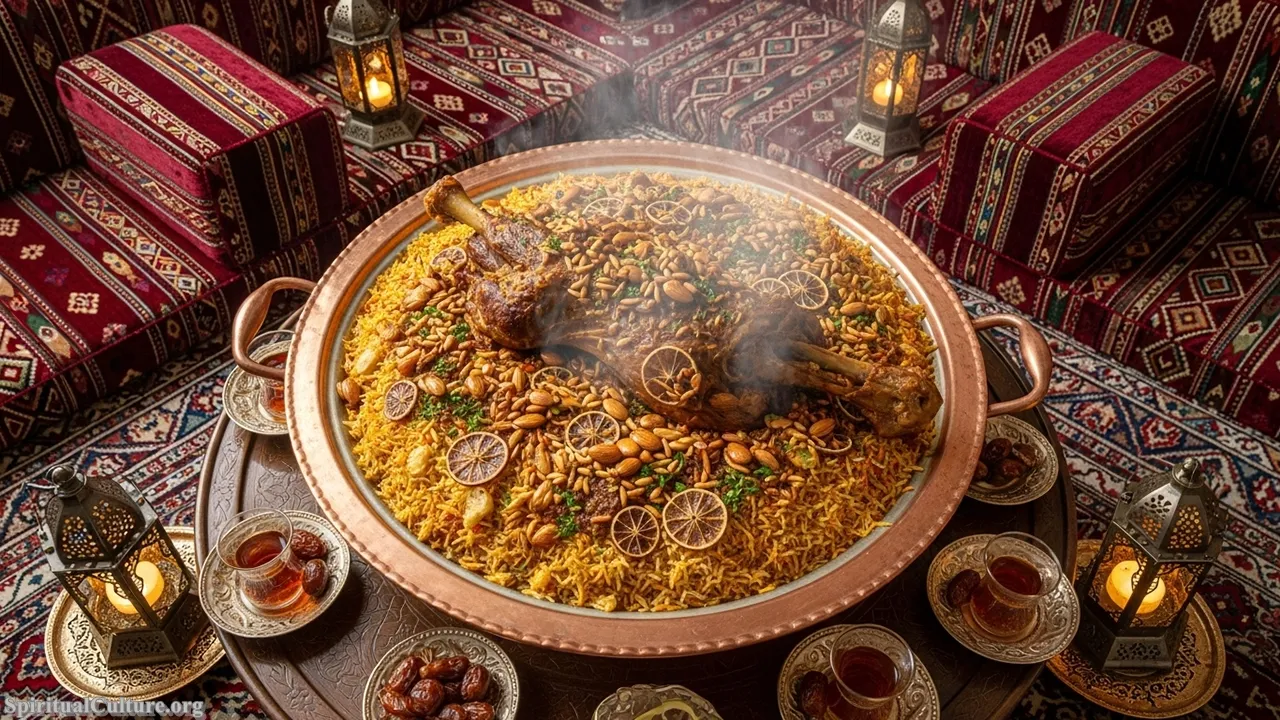Afghanistan is a country located in South Asia and Central Asia. It has a rich cultural history that various groups have influenced.
Afghanistan has a rich literary tradition, and poetry is highly respected in Afghan culture. The Pashtun people have a strong oral tradition, and the epic poem “Shahnamah” is considered a classic of Pashtun literature.

Afghan music is characterized by its use of string instruments, such as the sitar and rubab, and percussive instruments, such as the tabla and dhol. The human voice is also important in Afghan music, and vocal styles vary widely among ethnic groups.
Afghanistan is also famous for its handwoven carpets and other textiles, known for their intricate patterns and bright colors. The city of Herat is particularly renowned for its carpet-weaving tradition.
Additionally, the sport of Buzkashi, in which riders on horseback compete to grab and hold onto a headless goat or calf carcass, is popular in rural areas of the country.
Afghanistan’s art and culture also express the spiritual and religious traditions of the country. Most Afghans are Muslims, and the country is home to many shrines and mosques, some of which have ancient origins.
In Afghan culture, traditional gender roles are still quite prominent, and women are expected to be homemakers and caretakers for their families. At the same time, men are typically the breadwinners and decision-makers. However, there has been a growing movement to promote education and economic opportunities for women in Afghanistan in recent years.
Afghan cuisine is known for its use of spices and herbs, such as saffron, cinnamon, and cumin, and its hearty stews, such as qabili palau, made with lamb, raisins, and carrots. Bread is also a staple of the Afghan diet and is often served with meals.
Afghanistan is also known for its rich history of hospitality, which is deeply ingrained in its culture. Visitors to the country are often treated with great kindness and generosity by their hosts, and it is traditional to offer guests food and tea upon their arrival.
Regarding religious practices, Afghanistan’s majority of the population is Sunni Muslims, with a small minority of Shiite Muslims. Mosques and other religious sites are important places of worship. Eid al-Fitr, Eid al-Adha, and the Islamic New Year are important holidays celebrated with prayer, feasting, and gift-giving.
Although Afghanistan has seen a lot of political instability and warfare in recent years, its culture remains strong, and its people are known for their resilience and determination.




